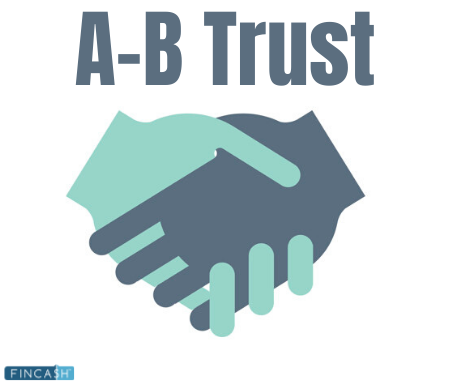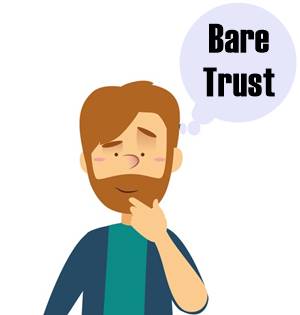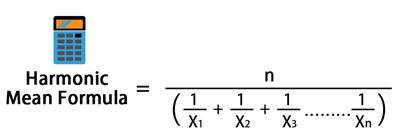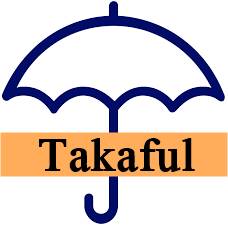Blind Trust Meaning
As the name suggests, blind trust can be defined as the situation in which the owner gives the trustee complete control over the trust. The trustee, who has the responsibility of the assets or the company, will be in charge of taking care of the assets and the profits generated from the trust. It is important to note that the owner of the trust does not have any say when it comes to the actions taken within the trust. However, they can cancel the trust according to their convenience.

As long as the blind trust is in place, the owner who has given the full responsibility of the trust to the trustee will have no control over the actions taken within the trust. Blind trust is quite common when people do not want to engage in any form of conflict between investments and employment.
Understanding Blind Trust
In any general setting, the owner hires a trustee who acts as the fiduciary. The trustee will be responsible for keeping this agreement and following all the conditions the owner has outlined in the contract. For example, the trustee will be in charge of handing out the funds soon after the death of the owner. The blind trust might have several investments, including but not limited to Real Estate, Bonds, equities, shares, and so on. The owner, as well as the trustee, will stay in touch with each other.
The main purpose of creating blind trust is to ensure that the owner and the beneficiaries do not have any information about the investment products within the trust. Neither of them has the knowledge of how exactly the investments are handled. The reason behind coming up with the blind trust contract is that the owner and the beneficiaries have no knowledge of buying and selling the securities. The owner could sign a revocable trust, which means there is a lot of scopes for the trustor to make any number of changes to the trust.
Talk to our investment specialist
Alternatively, some people choose the irrevocable trust that cannot be changed and terminated once it has come into effect. The type of trust the owner establishes depends largely on the major goal of setting the trust. For instance, the trustor can establish irrevocable trust when they do not want to have any rights over the property. This will ensure that the government or the creditor can no longer claim the assets.
Other Considerations
There are times when issues might arise with the blind trust contracts. The owner might establish a few important rules that will decide how the investment is handled. They also have the right to select the trustees that they believe will execute the tasks in a specific way. The blind trust contracts are extensively used by the politicians and people in superior posts just so they can prove the fact that they are making some efforts to build an impartial system.
All efforts have been made to ensure the information provided here is accurate. However, no guarantees are made regarding correctness of data. Please verify with scheme information document before making any investment.











